Ashoka Young Changemakers: 2021 Cohort from India
Coming from diverse backgrounds, these powerful young changemakers are changing the definition of 'success' for young people in an exponentially changing world.
Bangalore, Karnataka
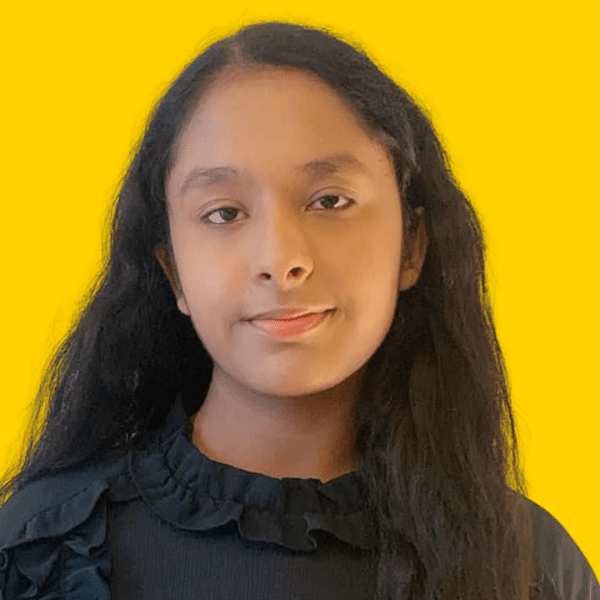
Bangalore, Karnataka
Aaryani was inspired to tackle the issue of mental health awareness after her struggles with anxiety when she was 12 and the stigma she experienced first-hand. At the age of 14, she co-founded Let's Talk to spread awareness about mental health among adolescents by conducting sessions in both rural and urban schools in Karnataka. During the initial stages of her project, she struggled with self-doubt due to her young age. However, she soon realised that her youth was not her weakness but a superpower. As of Dec 2020, together with her team, she has conducted 110 sessions and impacted more than 3500 students.
Ujjain, Madhya Pradesh

Ujjain, Madhya Pradesh
Realising the strengths and shortcomings of Hashtag activism, Aditi started Empowerette to help underprivileged girls through a mentorship program to develop leadership and support emotional health, with attention to holistic growth. With her growing team in Ujjain, Aditi has organized weekly mentorship sessions with a cohort-based model of girls from rural backgrounds. Empowerrette facilitates knowledge, support and leadership insights from other “professional” women to young girls. Aditi has witnessed that girls are more confident and are building the agency to change their own lives. Aditi faced challenges, but what fuelled her was focusing on her passion for the cause.
Bangalore, Karnataka

Bangalore, Karnataka
Akarsh started SPARK when he was 17, to utilize the power of “social media as a force of social good” to activate young people as ‘Impact makers.’ Through his organic micro-influencer outreach strategy, Akarsh and his co-founder have inspired more than 400 students with no prior volunteering experience and have impacted the lives of more than 5,000 first-generation school-goers in Bangalore. SPARK now has several youth-led projects that focus on academic mentorship at after-school-centres and residential institutions for destitute children.
Delhi NCR
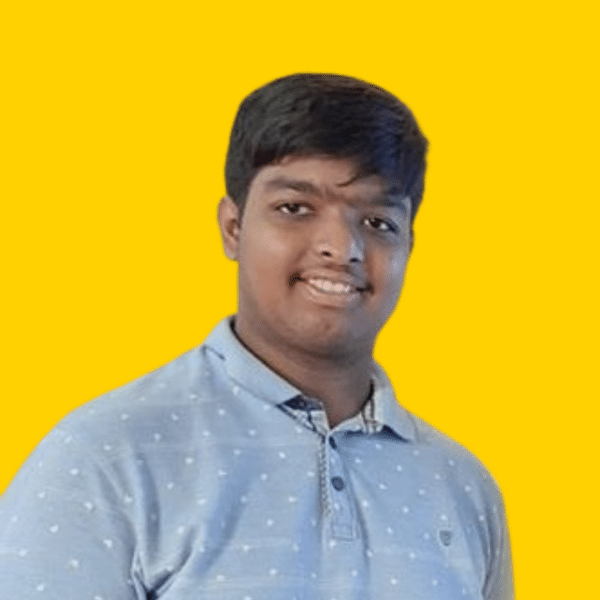
Delhi NCR
The lack of experiential learning in his school curriculum led Delhi-based Aniket to start his initiative called Indian Science and Technology Campaign (ISTC) at the age of 17 to promote experiential learning and skill development in STEM subjects. With 12 team members, as of Dec 2020, their initiative has reached 20 different schools benefiting over 20,000 students and 200 teachers. The team now works closely with the State Government in Delhi to ensure all children have the wherewithal to develop core competencies in STEM fields. Aniket also founded the Tale of Humankind (TOH), a storytelling initiative that role-models changemakers and encourages young people to lead.
Kolkata, West Bengal
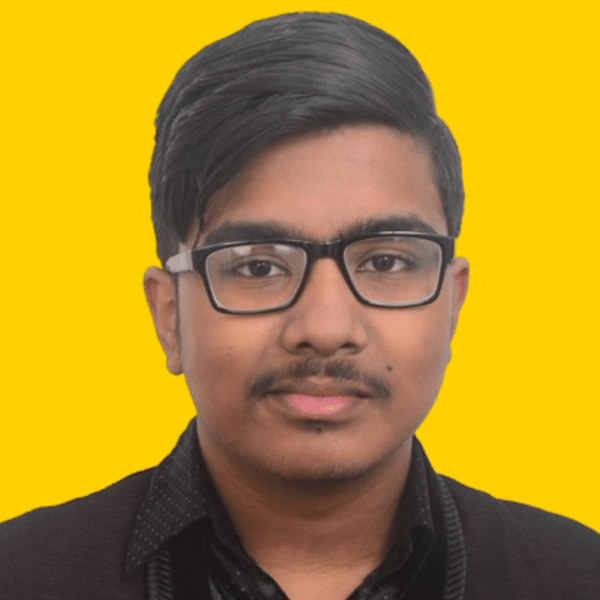
Kolkata, West Bengal
Growing up in a farmer’s family, Aranyo was accustomed to seeing the havocs wrecked by traditional pesticides on farmers and the environment. He decided to intervene and created safer, eco-friendly, and effective alternatives. At the age of 16, through collaboration with local research institutions, Aranyo developed NanoCide, a pesticide for jute cultivation. With the support of his team of 11 members and local farmers' cooperatives, he was successful in impacting the lives of more than 1800 marginalized farmers and their livelihoods in West Bengal.
Jaipur, Rajasthan
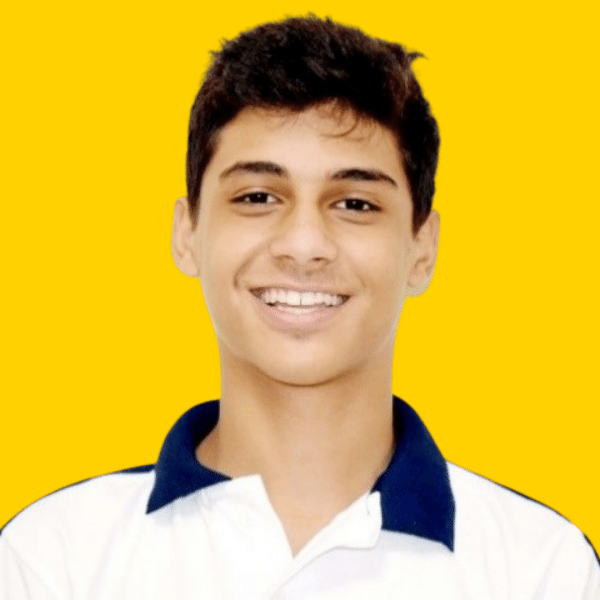
Jaipur, Rajasthan
After understanding the severity of transphobia in Indian society, Arjun founded Kicking Gender Boundaries when he was 16. They conduct football matches as a medium to promote inclusivity and breaking taboos. Arjun and his team organized a first-of-its-kind gender-inclusive match wherein they sponsored 9 trans football players. By partnering with a nationally renowned football training academy and with LGBTQ+ support organisations they conduct various workshops and training programs. The initiative has impacted more than 2000 people from the trans community.
Hyderabad, Telangana
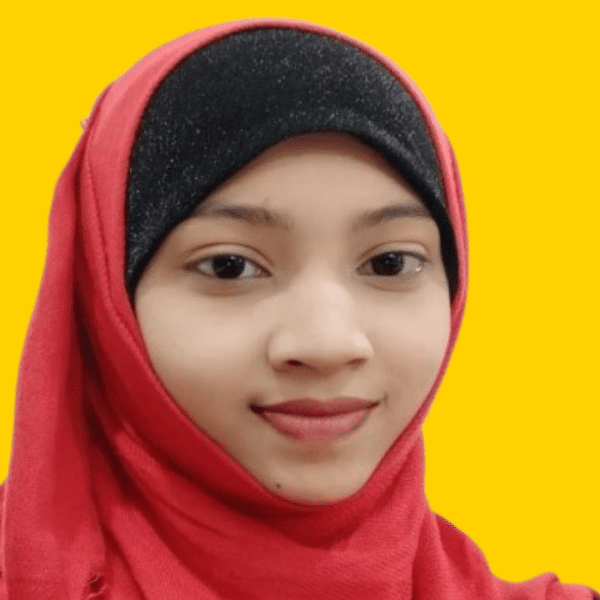
Hyderabad, Telangana
While migrating from Myanmar to India, Farhana lost one year of her schooling. Numerous girls dropped out of school as soon as they attained puberty and were married off in her community. At the age of 12, she formed Targib group, an initiative addressing the issue of girls' education in her community. She has 30 group members in her team in Hyderabad. Leading by her example, she reaches out to parents and persuades them to let their girls’ study further. As of Dec 2020, Targib has managed to support over 50 girls by getting them admitted to formal schooling.
Kanpur, Uttar Pradesh

Kanpur, Uttar Pradesh
With the experience of volunteering for a river cleaning drive, Kavya realised the need for environmental education to be more experiential and focussed on mindset, and not just on bookish concepts. He started Bhavishya Foundation, with a team of 12 members that creates these learning journeys by continuously engaging young people in various activities like tree plantations. As of Dec 2020, the team along with more than 50 volunteers, they have taught more than 2000 children and planted nearly 3000 saplings through plantation drives in Uttar Pradesh.
Delhi NCR
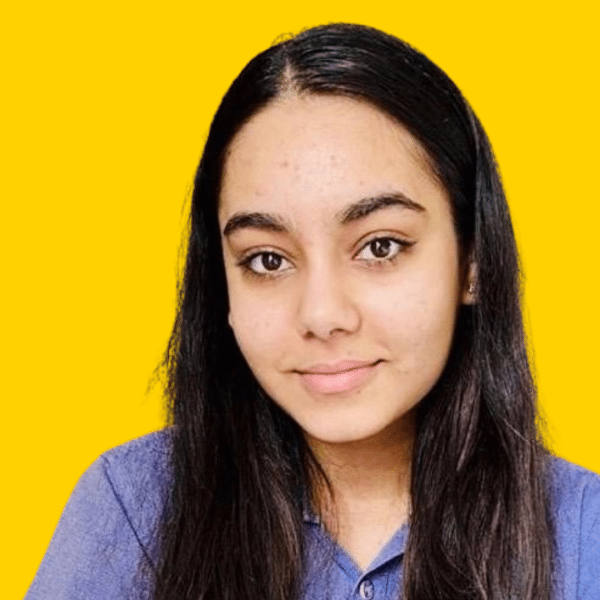
Delhi NCR
Aiming to raise awareness about telemedicine and non-communicable diseases, Lavanya co-founded Tele-Upchaar at the age of 16. Tele-upchaar’s main goal is to provide the best care in the easiest way possible for those who have limited access to basic healthcare facilities. Telemedicine as a concept involves getting people from rural areas and inaccessible areas connected with doctors without them travelling large distances. As of Dec 2020, the team has supported over 200 patients with low access to primary healthcare in under-resourced senior citizens homes and inner-city slums.
Pilibhit, Uttar Pradesh
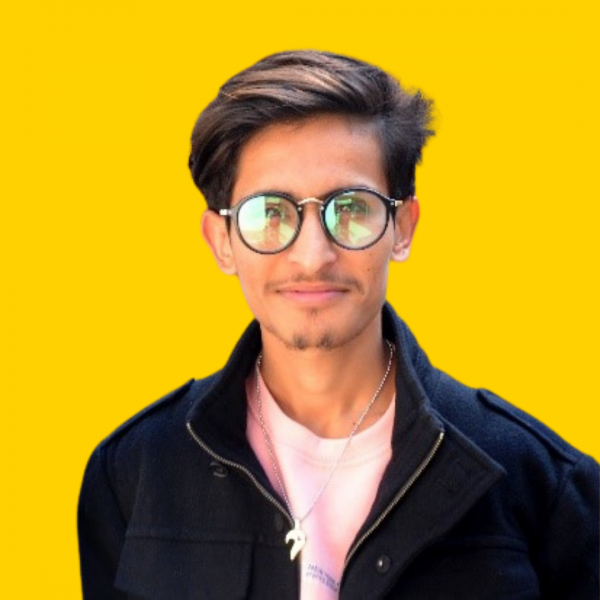
Pilibhit, Uttar Pradesh
Even after actively engaging and excelling in extracurriculars, Mudit struggled with depression as his parents were not supportive of his career choices. So, to destigmatize art as a career and to promote artists around him by providing a platform to explore opportunities, Mudit co-founded Artistic by Nature with 10 core team members. As of Dec 2020, the team has helped 1000+ artists in finding gigs by giving them volunteering, freelancing, and internship opportunities. He also established Yogi Gang, an incubatory venture for early-stage entrepreneurs.
Pune, Maharashtra
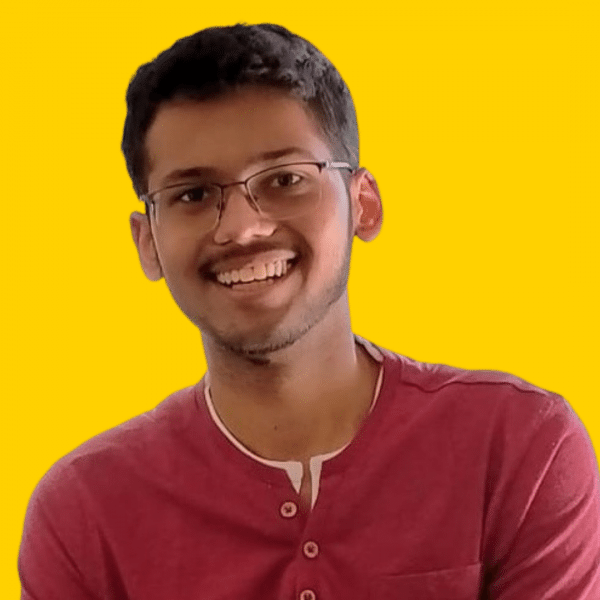
Pune, Maharashtra
After learning about the adverse effects of plastic waste on ocean life from his mentor, Omkar started his work to reduce the risk of plastic accumulation in water bodies when he was 16. Along with his friends from high school, Omkar launched 'Sagar Seva' to conduct dissolved oxygen (DO) testing of the local rivers and engage in data-driven advocacy to revive dying water bodies. As of Dec 2020, Sagar Seva has reached over 50+ school and colleges in Maharashtra. The team has also worked with several partner organisations, schools, and city administration authorities to recycle over 300 tonnes of plastic.
Patna, Bihar
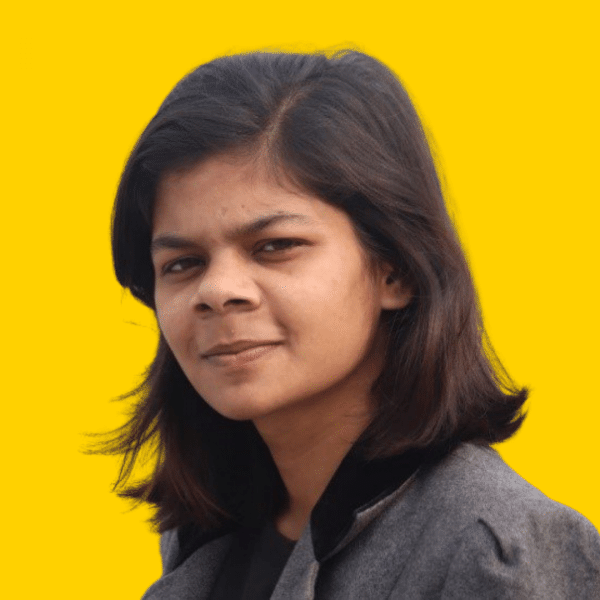
Patna, Bihar
Hailing from rural Bihar, Priyaswara witnessed social evils like child marriage, honour killing, dowry practice, domestic violence, and female infanticide in her community. Inspired to bring a change, she founded BYCR (Bihar Youth for Child Rights) at the age of 14 with school kids. BYCR creates awareness and advocates child rights by conducting events via online and offline mediums. Priyaswara found a sense of empowerment through her project and even changed the mentality of people around her. As of Dec 2020, she has been collaborating with UNICEF and other organisations and has activated 60+ child rights advocates in various communities.
Etah, Uttar Pradesh
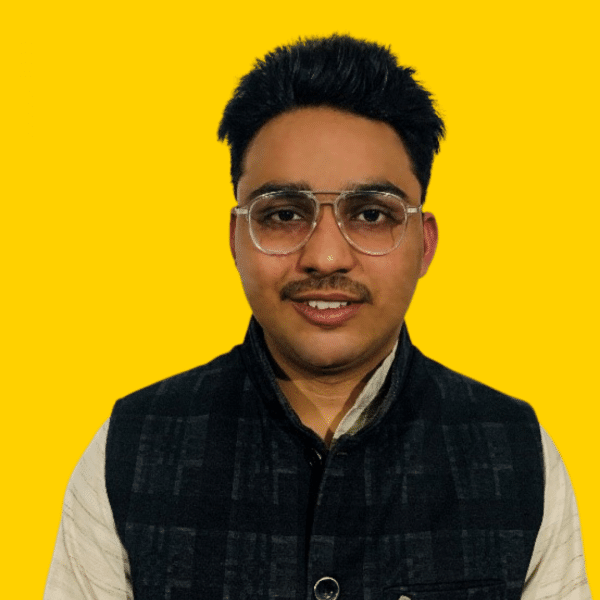
Etah, Uttar Pradesh
Growing up in Uttar Pradesh, the problem of abandoning non-lactating cattle (calves, bulls, older cows) was a daily sight for Rishabh. He empathised with the problem and started addressing it in his village when he was a 7th grader, and with that initial success, launched Anima Drive to solve this issue at scale. With a team of 20 student members and 6 rural women, Rishabh is making it financially viable for farmers and Gaushalas to take care of non-lactating cattle. They have also started the Social Pathshala initiative to promote ecological co-existence among children in rural and peri-urban areas of Uttar Pradesh through interactive workshops and online challenges.
Satara, Maharashtra
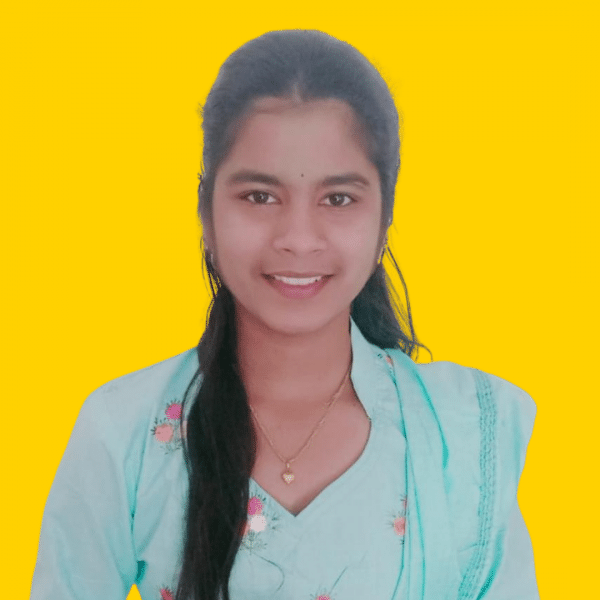
Satara, Maharashtra
Hailing from a drought-prone area of Maharashtra, Sanskruti understood the problem of declining groundwater. With her team of 25 members, Sanskruti started spreading awareness and generating volunteers for 'Shram Daan' (labour donation) when she was 14. They implemented rainwater harvesting techniques and changes in farming practices over three years to see a significant increase in water level in her village. At first, it was not easy for Sanskruti and her female team members to gain acceptance as it was uncommon for girls to be working in their village. However, with the impact they were able to create, they were able to change this mindset.
Kozhikode, Kerala
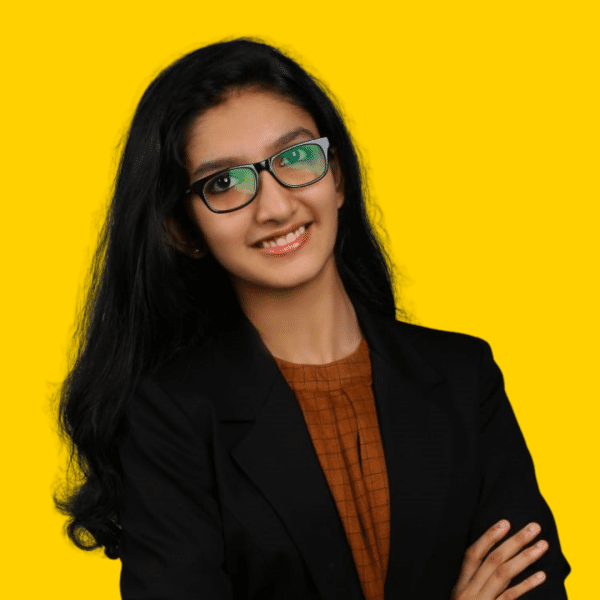
Kozhikode, Kerala
When Sreelakshmi got to learn that one of her grandparents was a victim of passive smoking, she felt the severity of the issue and wanted to make a difference. She founded Quit To Care - No Smoking Campaign at the age of 14 to create public awareness about the ill-effects of tobacco consumption. The team worked with medical professionals and with businesses to organise awareness sessions and also establish incentives and peer-accountability systems for their employees. The QTC team is now working with the district administration in Kozhikode to help enable thousands of students to launch their own neighbourhood campaigns on this issue.
Silchar, Assam
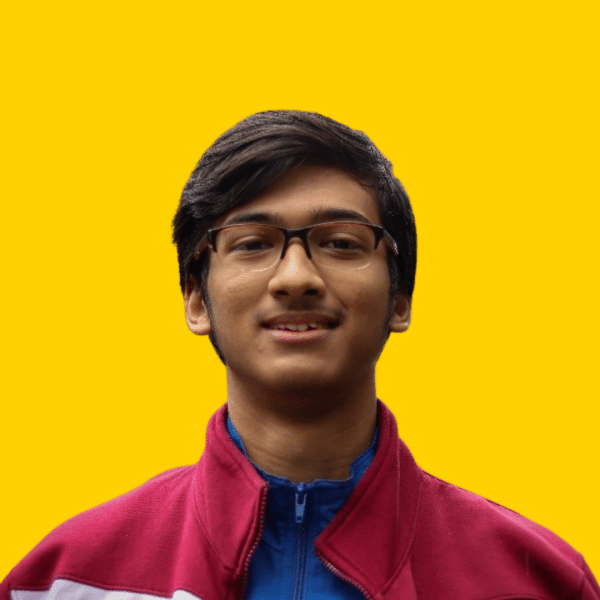
Silchar, Assam
After standing out in a science project challenge, Subhadeep realised the magnitude of what needs to be done to become sustainable and founded EcoAlarmist when he was 16. He started initially with online videos and progressed to organising offline campaigns like plantation drives, sustainable donation drives, food wastage campaign for restaurants, and sanitation programs with school students. Today with a core team of 5 and more than 50 volunteers, they have influenced several startups, local businesses, and organisations to incorporate sustainability practices in various aspects of their work.
Chennai, Tamil Nadu
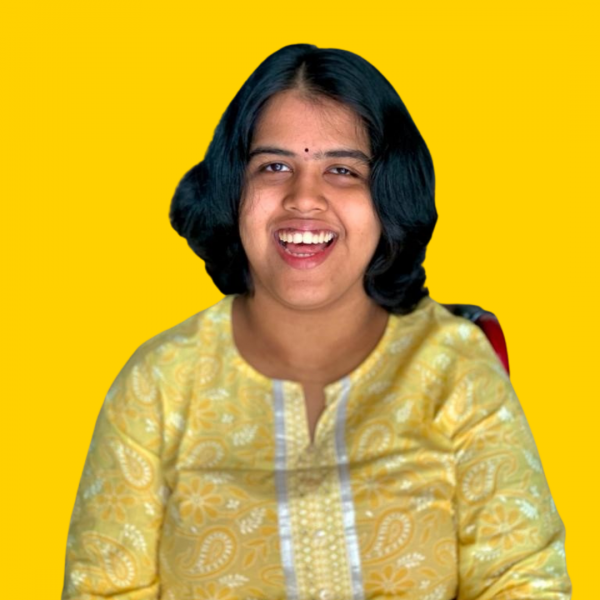
Chennai, Tamil Nadu
Deeply empathising with the problem of inequality in education, Upasana started her initiative GoPaadhai when she was 16, to support underprivileged schools with resources to sustain quality education. As a child with cerebral palsy who is wheelchair-bound, she is conscious of and advocates for the value of inclusivity and accessibility. Upasana has undergone strides of transformation from a teenager with an intrinsic fear of incompetence to a Changemaker who is ready to guide many more in society. As of Dec 2020, Upasana and her team members have been able to create positive impact on more than 1500 students through GoPaadhai.
Jaipur, Rajasthan
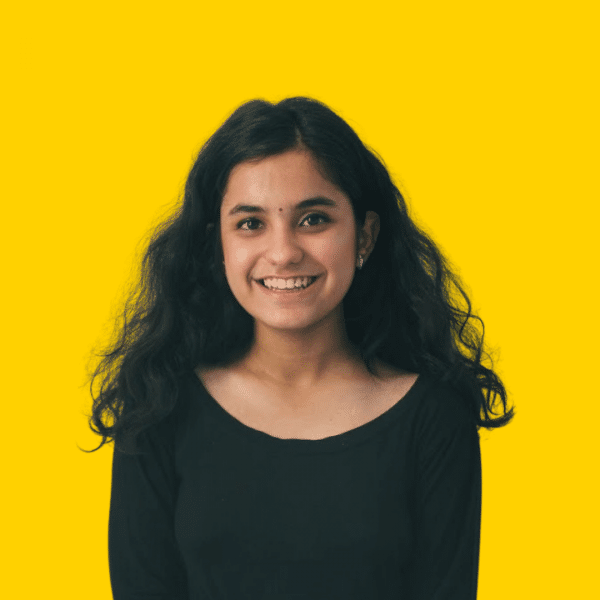
Jaipur, Rajasthan
Vanika started her initiative AgED to reduce the generation gap in Indian society. Her team of over 35 members started their journey in Jaipur. Together, they have created a digital learning platform for the older generation. Digital workshops are conducted on topics like passion, self-awareness, technology, mythology etc. As of Dec 2020, AgED has impacted 100+ lives all over India. Through her change-making journey, she was able to gain confidence in herself and learned how to express her ideas. Vanika also runs The Street Shiksha initiative where she has developed an arts-based educational programme for street children that is now active in 5 cities.
Hyderabad, Telangana
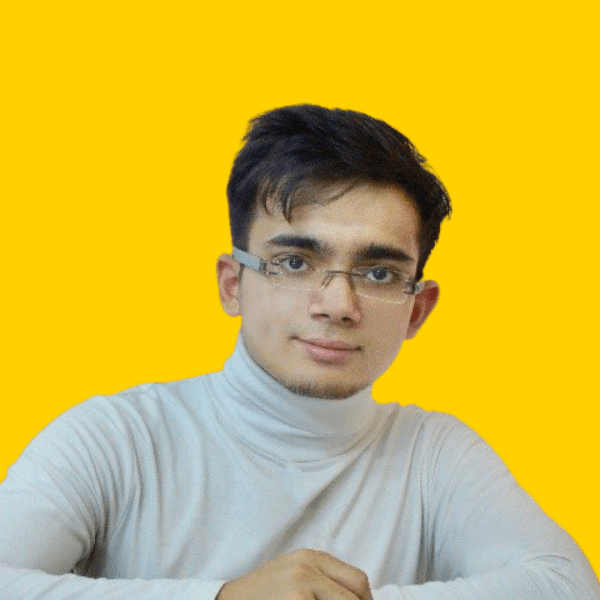
Hyderabad, Telangana
Witnessing his uncle suffer a stroke and get paralysed, Zain identified the need for affordable and effective rehabilitation devices and services for such patients. He started researching the topic and developed ExoHeal at the age of 15, a therapeutic glove that mimics muscular motion in one limb and moves the paralysed limb. He built a core team of 4 members and partners with a therapeutic centre to help more than 50 patients regain sensations and recover 30% faster. Zain and his team are taking the initiative to clinical trials and are exploring opportunities to expand the work to more countries through partnerships.